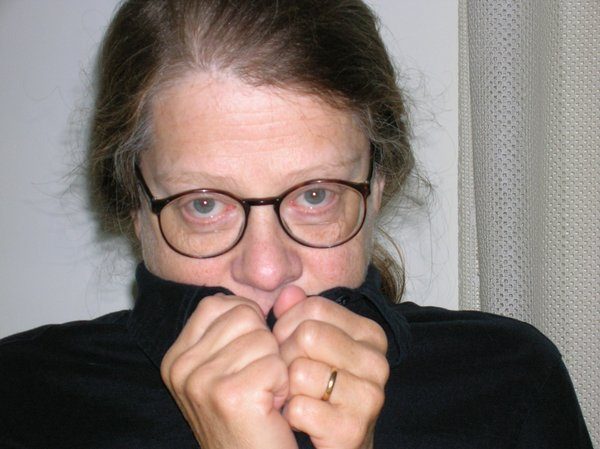 An interview with faculty member Marianne Boruch appears at Divedapper:
An interview with faculty member Marianne Boruch appears at Divedapper:
You describe your approach to writing poetry by saying you simply put out your begging bowl and wait to see what drops in. Can you talk about what this looks like, in practice?
It’s fairly simple really. This has been my method for years, this whole business of the “begging bowl” habit to start a poem. It might be a way to avoid too much self-obsession and navel-gazing, the great danger of the genre, and at least to begin in the world, the not-you, looking out to it with no agenda besides the usual wonder and puzzlement. What you find out there will bring you inward eventually, back and forth between image and idea as the poem moves toward a first line, but there’s also a lot of patience involved, that wait and mystery: what will come into my head, and how will everything proceed up or down from there? Going blank — clearing the mind to zero, no expectations or clear aims — is crucial. Intention is worthless. And then you really do wait, or at least I do. Of course once that first line’s in place, you follow it who knows where, and that’s where the meticulous care begins.
Continue reading online…
 The poem “Super Villains,” along with a short introduction, by alumnus Matthew Olzmann (poetry, ’09) appears at Poetry Northwest:
The poem “Super Villains,” along with a short introduction, by alumnus Matthew Olzmann (poetry, ’09) appears at Poetry Northwest:





